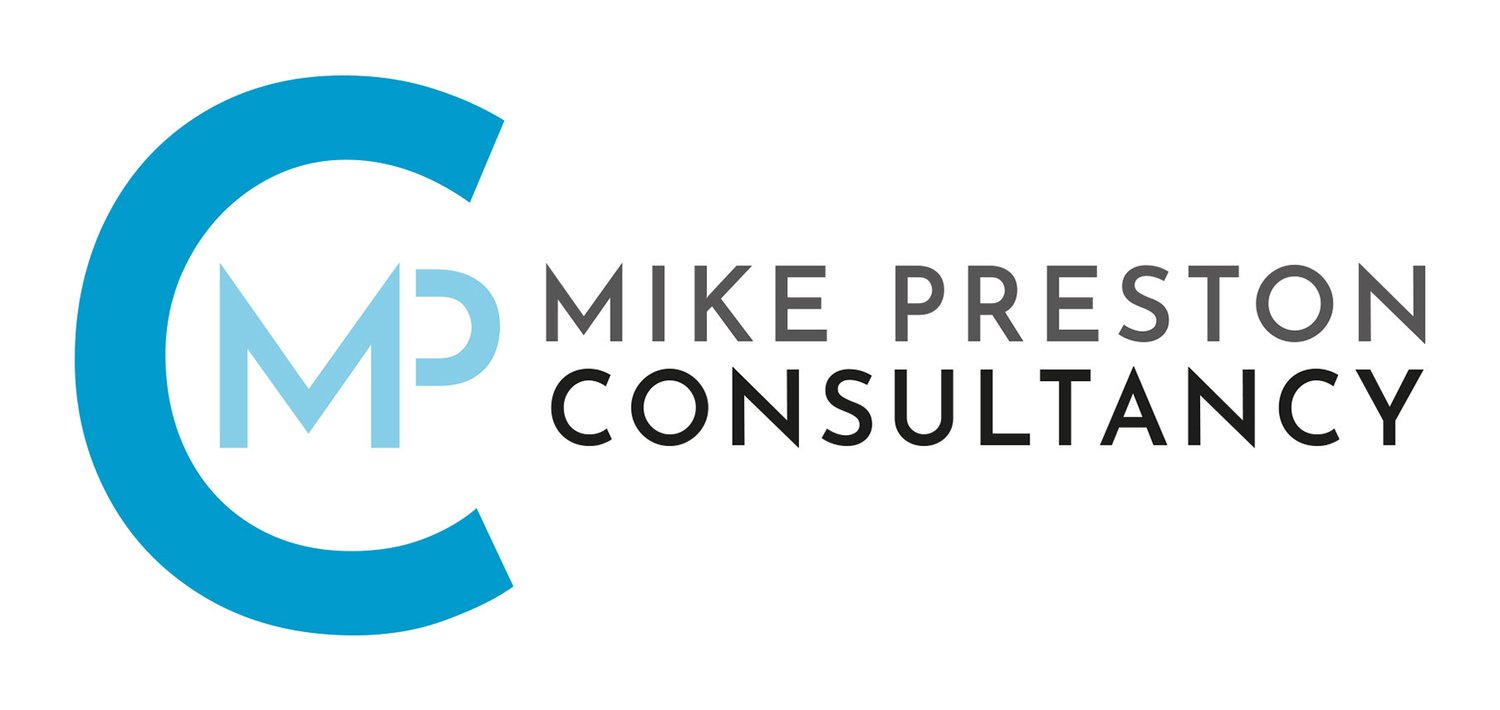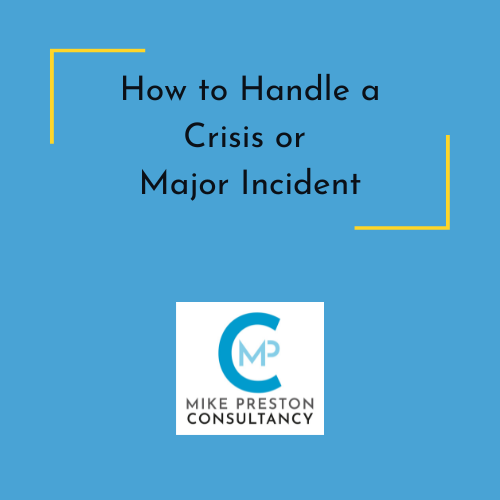 Image 1 of 1
Image 1 of 1


Volunteer Engagement Survey Question Bank & How To Guide
This Volunteer Question Bank provides a structured approach to gathering comprehensive feedback from volunteers. It is designed to help organizations understand volunteer perspectives on various aspects of their experience.
Key Features:
Categorized Questions: The questions are organized into key themes:
Strategy, Culture, and Values
Retention, Satisfaction, and Impact
Skills & Training
Recognition & Communication (implied from the content of source 7)
Varied Question Formats: Includes a mix of Yes/No questions, scaled questions (e.g., 1-10 for Net Promoter Score), and open-ended free text questions.
Clear Measurement & Calculation: For many questions, the bank specifies how to measure and calculate the results, such as "% in Agreement" or Net Promoter Score (NPS).
Tracks Previous Measures: Some questions include a "Compatible Previous Measure" field, allowing for longitudinal analysis and tracking of changes over time.
Focus on Key Volunteer Metrics: Addresses crucial areas like understanding of organizational strategy, pride in volunteering, likelihood to recommend, satisfaction and fulfillment, sufficiency of training, feeling supported and valued, and effectiveness of communication.
Benefits of Using This Question Bank:
Gain Comprehensive Insights: Obtain a holistic view of the volunteer experience, covering everything from initial motivations to daily operations and future intentions.
Drive Actionable Improvements: Identify specific areas where the volunteer program can be enhanced, thanks to targeted questions and clear metrics.
Measure Volunteer Satisfaction & Engagement: Quantify volunteer satisfaction levels, pride, and the likelihood of them recommending the organization.
Enhance Volunteer Retention: Understand factors influencing volunteer retention by asking about future commitment and what makes the experience rewarding.
Assess Alignment and Understanding: Gauge how well volunteers understand the organization's strategy, vision, and values.
Identify Training Needs: Determine if current training is sufficient and pinpoint areas for additional skill development.
Improve Communication & Support: Evaluate the effectiveness of communication channels and how supported and valued volunteers feel.
Data-Driven Decision Making: Use the calculated measures to make informed decisions about managing and developing the volunteer program.
This Volunteer Question Bank provides a structured approach to gathering comprehensive feedback from volunteers. It is designed to help organizations understand volunteer perspectives on various aspects of their experience.
Key Features:
Categorized Questions: The questions are organized into key themes:
Strategy, Culture, and Values
Retention, Satisfaction, and Impact
Skills & Training
Recognition & Communication (implied from the content of source 7)
Varied Question Formats: Includes a mix of Yes/No questions, scaled questions (e.g., 1-10 for Net Promoter Score), and open-ended free text questions.
Clear Measurement & Calculation: For many questions, the bank specifies how to measure and calculate the results, such as "% in Agreement" or Net Promoter Score (NPS).
Tracks Previous Measures: Some questions include a "Compatible Previous Measure" field, allowing for longitudinal analysis and tracking of changes over time.
Focus on Key Volunteer Metrics: Addresses crucial areas like understanding of organizational strategy, pride in volunteering, likelihood to recommend, satisfaction and fulfillment, sufficiency of training, feeling supported and valued, and effectiveness of communication.
Benefits of Using This Question Bank:
Gain Comprehensive Insights: Obtain a holistic view of the volunteer experience, covering everything from initial motivations to daily operations and future intentions.
Drive Actionable Improvements: Identify specific areas where the volunteer program can be enhanced, thanks to targeted questions and clear metrics.
Measure Volunteer Satisfaction & Engagement: Quantify volunteer satisfaction levels, pride, and the likelihood of them recommending the organization.
Enhance Volunteer Retention: Understand factors influencing volunteer retention by asking about future commitment and what makes the experience rewarding.
Assess Alignment and Understanding: Gauge how well volunteers understand the organization's strategy, vision, and values.
Identify Training Needs: Determine if current training is sufficient and pinpoint areas for additional skill development.
Improve Communication & Support: Evaluate the effectiveness of communication channels and how supported and valued volunteers feel.
Data-Driven Decision Making: Use the calculated measures to make informed decisions about managing and developing the volunteer program.






